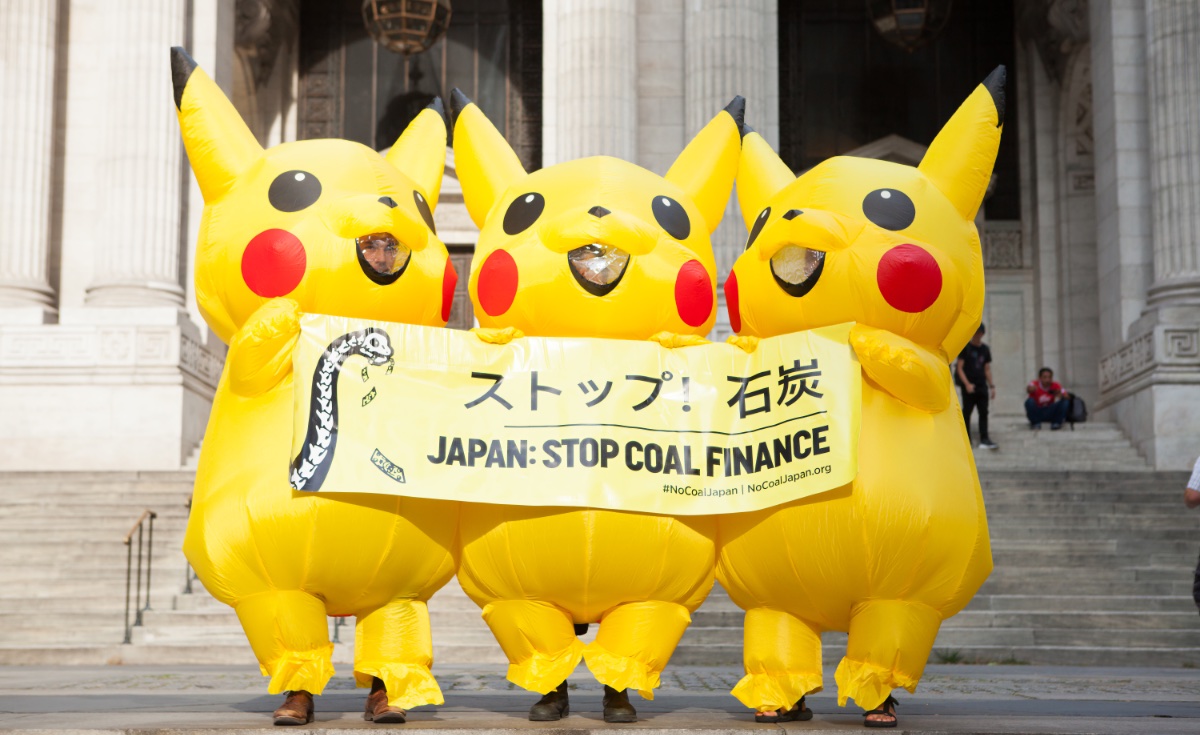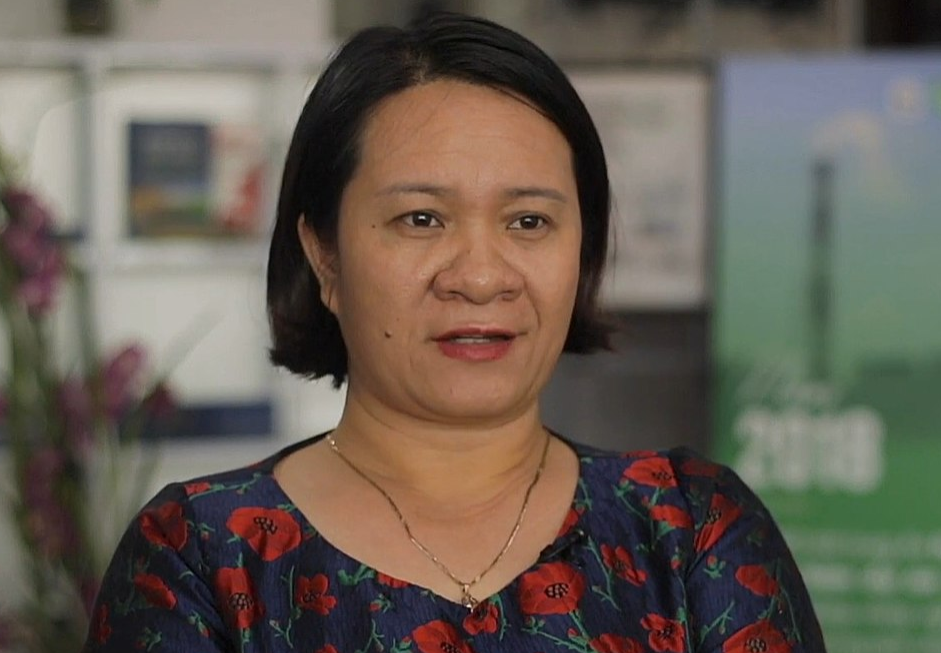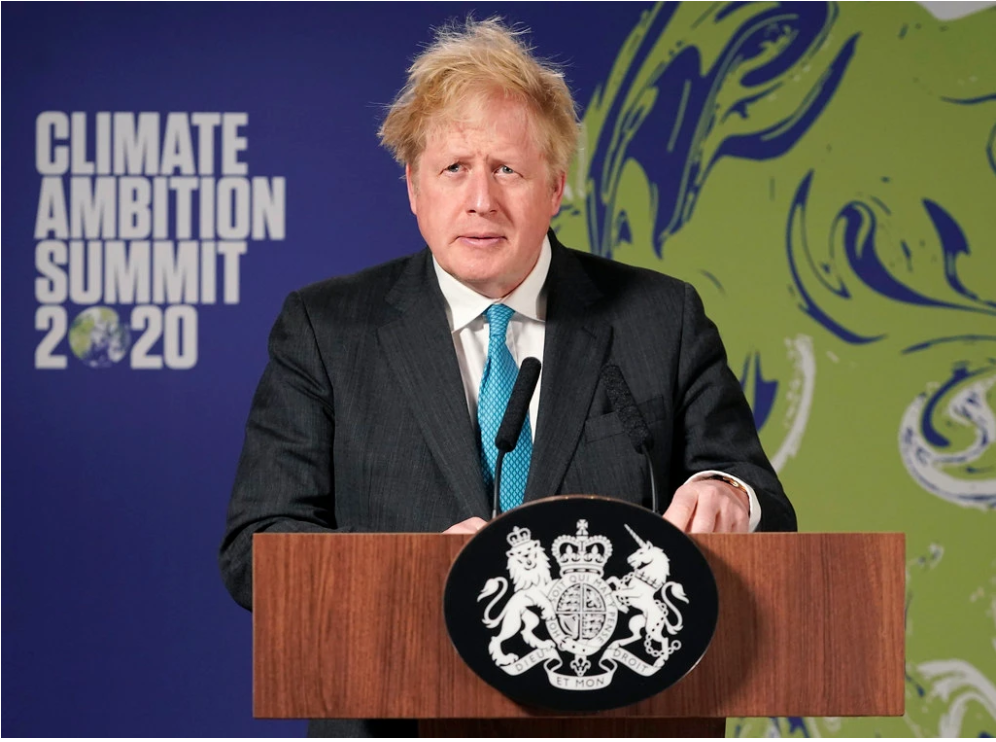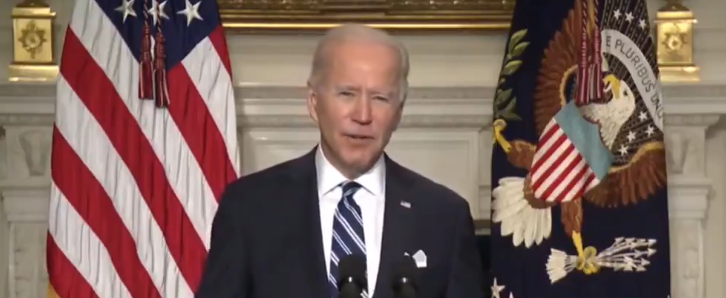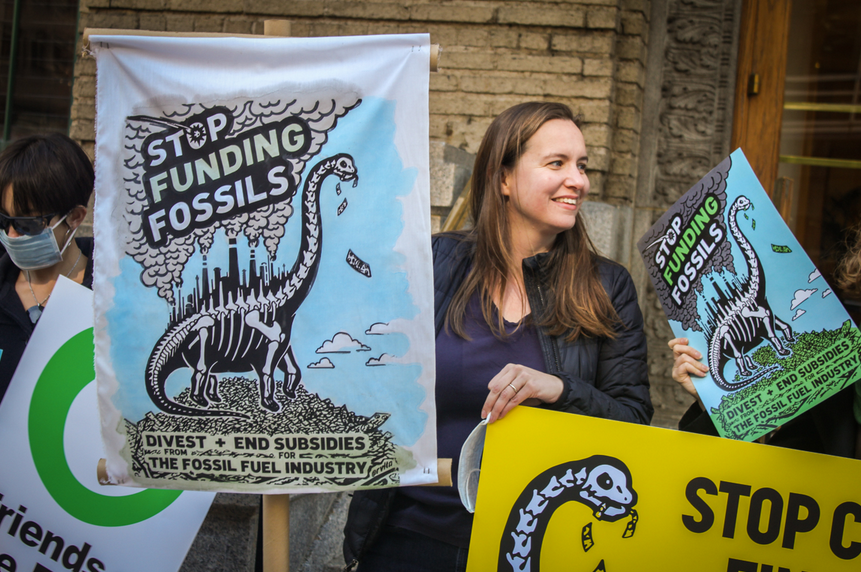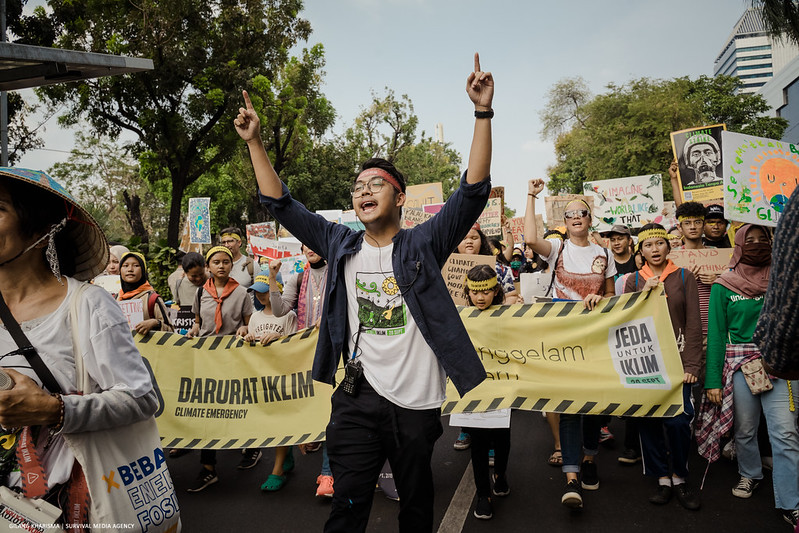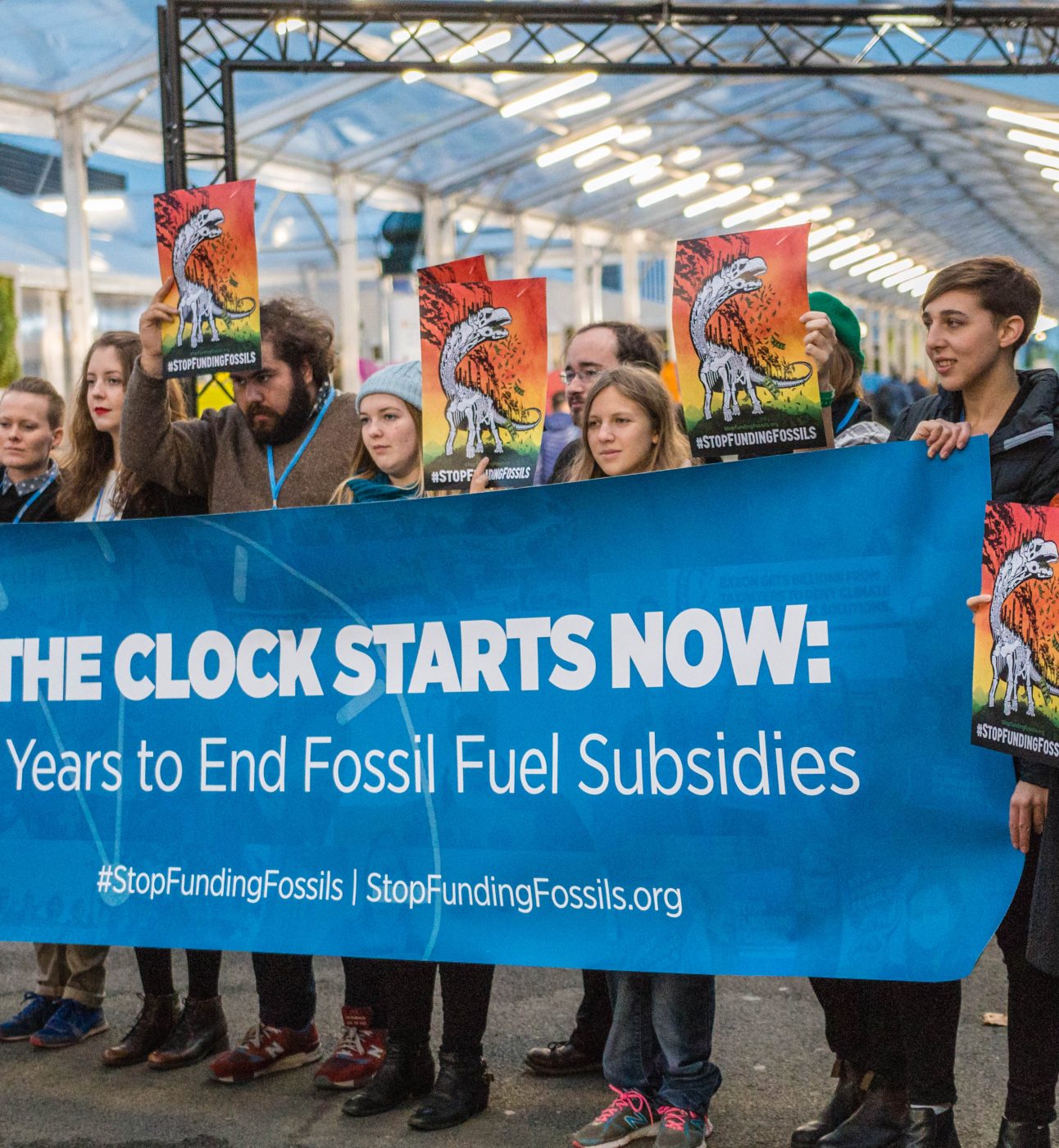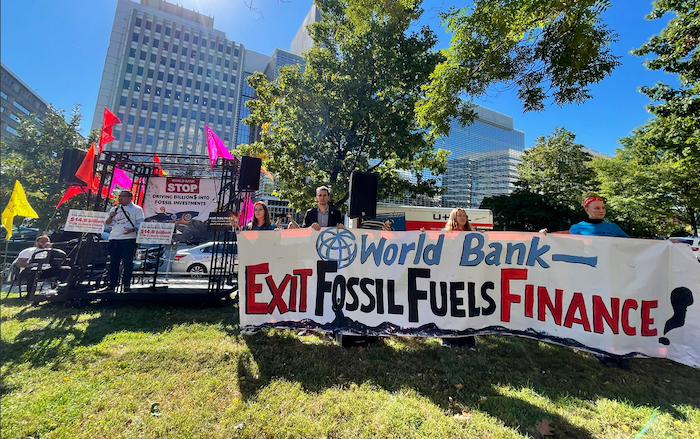
Pressure grows on World Bank boss to quit over funding of climate chaos
Last week, civil society advocates from across the world convened outside the Washington DC headquarters of the World Bank to protest the Bank’s highly controversial financing of deadly fossil fuel projects.

